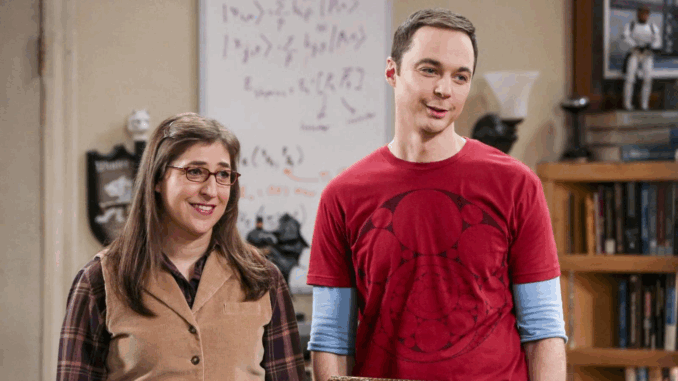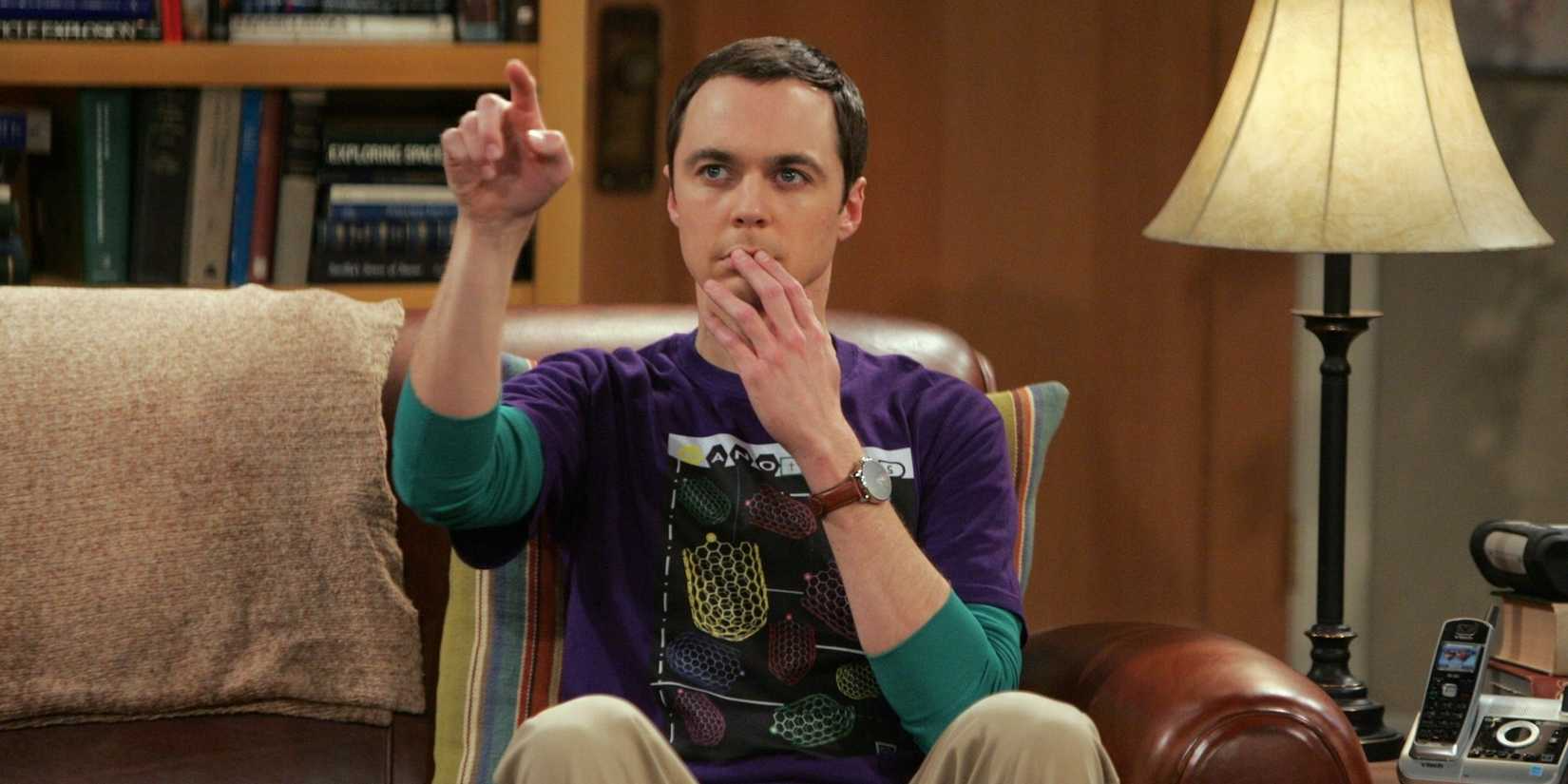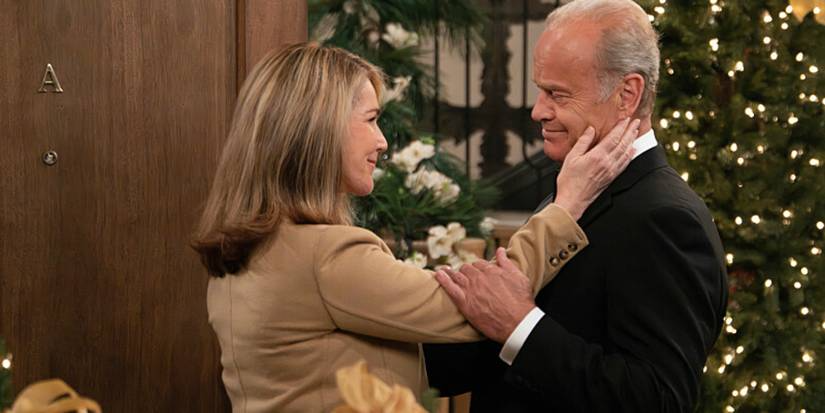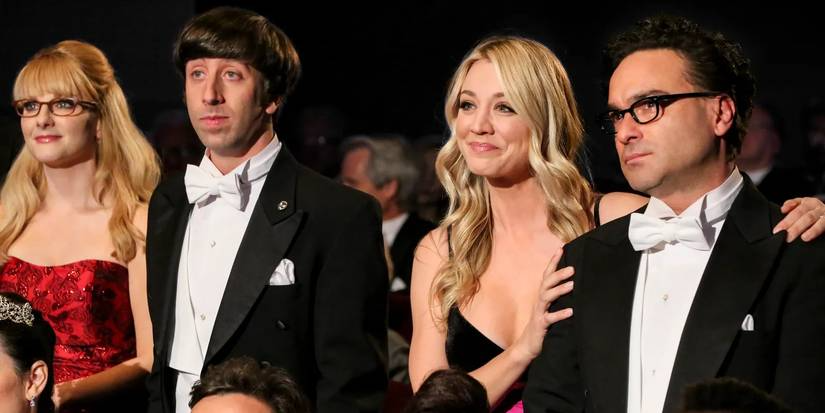
Few sitcoms have defined modern TV like The Big Bang Theory. Though it ended in 2019, fans still hope for a reboot. However, Jim Parsons — the man behind Sheldon Cooper — has no interest in returning. His decision to leave was a major reason the show ended after 12 seasons.
Parsons has been clear about his stance for years. Now serving as the narrator of Young Sheldon, he recently said about a reboot, “I can’t imagine. Well, I could imagine — but no, I imagine no.”
While some fans may be disappointed, Parsons has a point. The Big Bang Theory ended perfectly, and it deserves to stay that way.
The Big Bang Theory Would Need a Total Reinvention to Return
A Modern Reboot Couldn’t Rely on the Same Formula

A Big Bang Theory reboot would face a major challenge — it would have to completely reinvent itself. Even with a fresh cast, the show couldn’t just repeat what made it successful the first time.
When The Big Bang Theory debuted in 2007, its humor thrived on the quirks of socially awkward scientists like Sheldon, Leonard, and their friends, celebrating geek culture before it became mainstream. But as the years went on and “being a nerd” became cool, the show evolved — focusing less on stereotypes and more on character growth, relationships, and emotional depth.
That transformation worked because it reflected both the characters’ and the audience’s growth. Today, though, the pop-culture landscape has changed again. Fandoms, tech obsession, and superhero movies are now everywhere, leaving little room for novelty.
To connect with modern viewers, a reboot would need an entirely new identity — one that feels fresh yet still honors the original’s heart. That balance would be nearly impossible, and in trying to reinvent itself again, The Big Bang Theory might lose what made it special in the first place.
Recent Sitcom Reboots Haven’t Found Their Spark
Nostalgia Alone Isn’t Enough to Make a Big Bang Theory Reboot Work

A Big Bang Theory reboot would face an uphill battle — modern sitcom revivals rarely succeed. In recent years, shows like That ‘90s Show, Frasier, and How I Met Your Father have all tried to recreate the magic of their originals, but most failed to find lasting audiences.
That ‘90s Show had the nostalgia factor, yet its new cast couldn’t match the chemistry or timing of That ‘70s Show. Frasier’s 2023 revival was charming but lacked the wit and emotional sophistication that made the 1990s version iconic. How I Met Your Father didn’t survive past two seasons, proving that even built-in fanbases can’t guarantee success.
Sure, there are exceptions like the acclaimed 2025 King of the Hill revival — but those are rare. Most attempts end up reminding viewers why the originals were special in the first place.
Meanwhile, The Big Bang Theory still thrives on streaming, attracting both new fans and longtime viewers. Its humor, heart, and perfectly wrapped-up finale continue to resonate. A reboot wouldn’t enhance that legacy — it would only risk watering down what made the series such a phenomenon. Sometimes, nostalgia is best left exactly where it belongs: untouched.
It’s Still Too Soon To Bring The Big Bang Theory Back
The Franchise Is Alive Through Its Spinoffs — There’s No Need To Rush A Reboot

Even if a reboot could find its own voice and avoid the traps that doomed other sitcom revivals, now simply isn’t the right time. The Big Bang Theory ended in 2019 — just six years ago — and the franchise has hardly gone quiet since. The hit prequel Young Sheldon ran for seven successful seasons, and the upcoming spinoff Stuart Fails To Save The Universe is set to keep that world alive for years to come.
It’s hard to miss something that never truly disappeared. Between nonstop streaming reruns, viral memes, and ongoing spinoffs, The Big Bang Theory still feels like part of the cultural conversation. Launching a reboot now would feel unnecessary, maybe even redundant.
Look at Malcolm in the Middle or Scrubs — both shows that ended more than a decade ago. Their rumored revivals work because of that distance; fans have had time to genuinely miss them. The Big Bang Theory hasn’t had that breathing room yet.
If the series ever returns, it should be for the right reason — because there’s a meaningful new story to tell, not just a wave of nostalgia to ride. For now, Jim Parsons is absolutely right: The Big Bang Theory should remain exactly as it is — a finished, timeless sitcom that still connects with audiences today.
